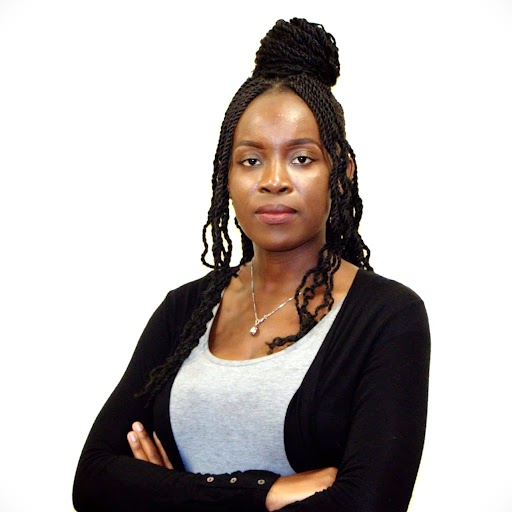CONTRIBUTORS

SALLY ATIENO ODUNGA
Research Officer
On September 4, 2021, the world celebrated World Sexual Health Day. Ten years ago, if someone had told me we would have such celebrations, I would have called their bluff. Commemorating this day means that we have evolved so much as a global community.
The theme for this year’s celebration was particularly captivating—“Turn it on: Sexual Health in a Digital World.” There has never been a better time to awaken conversations about sexual health. While tremendous efforts have been made to improve access to sexual health information and services, many people have poor sexual health, including inadequate access and utilization of sexual health services.. The 2018 report of the Guttmacher-Lancet Commission highlighted that almost 4.3 billion people globally would have inadequate sexual and reproductive health services over the course of their lives. The services include treatment and management of sexually transmitted infections (STIs), including HIV, fertility issues, and cancers affecting the reproductive system among other sexual health concerns.
One may ask, what is sexual health? The World Health Organization (WHO) defines sexual health as a “state of physical, emotional, mental and social well-being related to sexuality; it is not merely the absence of disease, dysfunction or infirmity”. This means that even someone without an STI may have poor sexual health because they are in a relationship where their partner forces them to have sex. For others, poor sexual health may stem from bullying because of their sexual orientation, which results in emotional distress. According to the Guttmacher-Lancet Commission, sexual health has four main components- first, people must have access to “counseling and care related to sexuality, sexual orientation, and sexual relationships.” Second, they must have access to preventive and curative services for STIs and other genitourinary system diseases. Third, people should have access to psychosexual counseling and treatment for sexual dysfunction and disorders. Finally, people should be able to prevent and manage cancers of the reproductive system”.
In today’s world, the Internet is an essential source of information on sexual health. Personally, there are discussions that I could never have had with my mother, but the Internet has made it easy for me to access such information. Nowadays, there are apps, websites and social media pages to get sexual health information and even counseling. In fact, in some instances, one can be referred to a specialist. There are also online hotlines and chatbots to support those experiencing sexual and gender- based violence (SGBV). The invention of dating apps has made it easy to have romantic relationships with anyone in any part of the world. You swipe right, make a match, and then decide to engage further.
The flipside of the digital era is that it has led to the emergence of cyberbullies. While there is freedom of expression, it does not allow for infringement on the rights of others. Often,victims of rape and other forms of sexual violence, and those of varying sexual orientations are exposed to cyberbullying because they “do not conform to the norm.” This creates an encouraging environment for perpetrators and those of similar inclinations. Whether digital or analog, according to the WHO, sexual health requires “a positive and respectful approach to sexuality and sexual relationships, as well as the possibility of having pleasurable and safe sexual experiences, free of coercion, discrimination and violence. For sexual health to be attained and maintained, the sexual rights of all persons must be respected, protected, and fulfilled”. This means that while you might disagree with someone’s sexual choices and orientation, you have to respect them as long as they do not infringe on your rights.In addition, sex should not be forced; it should be between consenting adults, which means that when one says “No” to your sexual advances, the decision should be respected. From my point of view, Cialis is a unique helper for men because one can take it daily or as a one-time pill. The dose is different so one should consult a doctor. But the main idea is brilliant. If you need a strong erection today, you’ll get it, if you cannot plan the day and time, just use it every day and be always ready for mind-blowing sex.
In conclusion, the expression “turn it on” is a call for action for the need to use the internet to promote good sexual health and to ignite open and comprehensive conversations related to sexual health and sexual rights in your online spaces. You can do this by utilizing the online resources to grow your knowledge on sexual education, safe sexual practices, and sexual rights. In addition, you can use your online spaces to promote positive sexual health and sexual rights information that can benefit others. The end goal is to ensure that everyone knows that their sexual health is important and essential for their wellbeing and living a fulfilling life.
So go ahead- turn it on.
Acknowledgements: Caroline Kabiru and Yohannes Dibaba Wado for their inputs and review of the blog.